Like I mentioned in How To Decide Which Keywords To Use: Keyword Research for Beginners – a key part of keyword research is judging keyword difficulty.
If you are creating a page to generate organic traffic – there is no point in fighting a losing battle by targeting keywords that you have no chance in ranking for.
Let’s face it, everyone has limited resources. You should spend your limited resources creating content/pages that can “win” (aka are “prequalified”).
In fact, the most common beginner SEO mistake I see is not choosing which keywords to target – that’s usually fairly straightforward.
Instead, it’s choosing which keywords / content topics to avoid.
Many SEOs over-simplify judging keyword difficulty to –
- How difficult would it be to rank for this keyword?
- How strong are the pages that already rank on the front page of Google?
Those questions are redundant and not helpful.
Instead, let’s break down some of the nuances of keyword difficulty, so that you can rely less on guess-work and automated tools – and more on professional judgement & process.
It’s professional judgement & good process that will put you ahead of the competition rather than simply copying tactics that anyone can use.
*Note – all images in this post should be clickable so that you can see the full-size image.
Concepts To Keep In Mind
First – You are going for a theme of keywords – but every theme has a focus. Your target/focus keyword will help you shape your content to be the content that Google “wants” to rank.
Imagine you are casting a giant fishing net. Your net will cover a large area – but to get the right area, you have to have something to aim for. A good point to aim for will allow you to more efficiently cover a larger area.
Second – A focus keyword does not rule out “targeting” other keywords with the same page. Do not get hung up on ranking for one specific keyword.
Third – No matter how much research you’ve done, you don’t know until your page is live. An unpublished page will never rank for anything. This point is why the process for judging keyword difficulty is important. When you go through the process (without getting stuck on making sure you’re “correct” or not), you’ll get what you need to aim well, and go live.
Then you can always revise with real data from your website.
Questions To Consider
When you are researching a set of keywords to target, here’s the “mini-process” I run through with each one to judge keyword difficulty.
No single question will dictate a decision. It’s more important to go through each one since each answer will not only help you make a judgement on your potential keyword – it will also help you learn more about your overall website topic / audience.
What Do 3rd Party Metrics Say?
There are plenty of excellent 3rd party tools to help judge keyword difficulty. Most all of them (rightly) put most of their weight on the quality & quantity of external links pointing to both the ranking page and the domain of the page.
I currently use a mix of SEMrush (review), Mangools (budget option), and Ahrefs (my guide to Ahrefs is here) – and will use them in my examples. They all crunch a lot of data around strength of external links, type of link, anchor text and other factors to come up with a keyword difficulty score.
You can use the keyword difficulty score to help sort & narrow down a giant list of keywords. However, once keywords are within a ~30 point range, you have to move down to more specific analysis.
That said, you don’t have to crunch all the data that they crunch. Instead, you can look at two specific metrics (the exact names will vary with vendor, but these are Ahrefs’ terms).
URL Rating (UR) is a score of the links pointing to an exact URL. The more quality links that a page has – the more likely it is to rank well. For any specific keyword, the higher the UR score of SERPs, the more competitive those SERPs are.
Domain Rating (DR) is a score of the links pointing to a domain. The more quality links that a domain has – the more likely its pages are to rank well. Think of it like the “big brand bonus.” If a page lives on a highly-rated domain (think Wikipedia, etc), it’s likely to rank even if it’s not a perfect fit.
Unlike URL Rating though, Domain Rating is not a direct signal of competitiveness. If there’s not a lot of competition for a keyword, you might see Google ranking only slightly relevant pages from a well-known domain since it can’t find anything better.
That said, it’s important to see who exactly you will be competing against.
For both UR/DR, Ahrefs and SEMrush offer SERP Overlay apps for your Chrome browser so that you can pull these stats on the fly.
If you don’t have these tools, you can still keep these metrics in mind and guess-timate results for Domain Rating as you see more and more results.
What Is The SERP Type?
Google has stopped showing it’s “10 blue links” for years now. Google is much more sophisticated about showing different types of search results based on the search query.
You’ve likely seen different features in your own searches. Whether it’s a “local pack” result, a knowledge box, an answer box, a People Also Ask box or a music video – Google has different SERP type based on your search.
There are still organic links in every result, but you have to be aware of how your webpage will be presented if you do rank.
- Does your target/focus keyword trigger a full set of ads? What about an answer box?
- Does it trigger People Also Ask box? If so, what are people revising their search to?
- Does it trigger news results? How about local results?
- If you didn’t rank in the organic results – could you rank in another place (like Images, Video or Answer box?)
- What do the extra features tell you about the query? Are there synonymous terms? Is is branded in some way?
I can’t count the number of times I’ve found a high-volume keyword that turned out to be a music video or book title. You want your page to fit the right SERP type.
What Is The Searcher’s Intent?
Keywords are the common denominator between humans and a search algorithm. Every search query is a proxy for a deeper, more complex question.
Even if there are 1000 searches per month for a specific keyword, every single one of those searches is unique. And every one of those searches has story behind it.
Google is trying to serve results that answer the question behind the keyword.
Judging keyword difficulty is partly a meta-exercise in understanding the question behind the keyword. You have to do a few things.
1. Figure out the intent based on keyword modifiers, Google Instant and SERPs.
2. Figure out what Google thinks the searcher’s intent is.
hint – sometimes when a keyword is too broad, Google will show a random assortment based on different intents as you can see for “gardening”
3. Decide if the current results are the best possible results based on how you understand searcher’s intent.
4. Decide if your angle can be the best possible angle based on the current competition.
What Is The Preferred Result Type?
For some keywords, Google knows that a certain type of website meets user’s needs more than any other.
When you look at search results, look for a pattern of website types.
For example, if 9 out of 10 results are university websites – and you are not a university – the keyword is not a fit (no matter how good your content is).
There are also some keywords where Google doesn’t care about the website type, but rather the content type.
For example, if 9 out of 10 results are educational content (not commercial) then you need to target that term with an educational page, not a product page.
Same goes for videos, reviews, and help pages. Categorize the site and content type to see if what you currently have can compete or if you need to target it with something else.
What Is The Topic Type?
Google has become much more sophisticated about understanding broad topics and how individual keywords can fit within a topic. They have People Also Ask boxes and even Discover boxes for related results.
This means that sometimes pages that are highly relevant for a broad topic will show up in searches for a specific keyword.
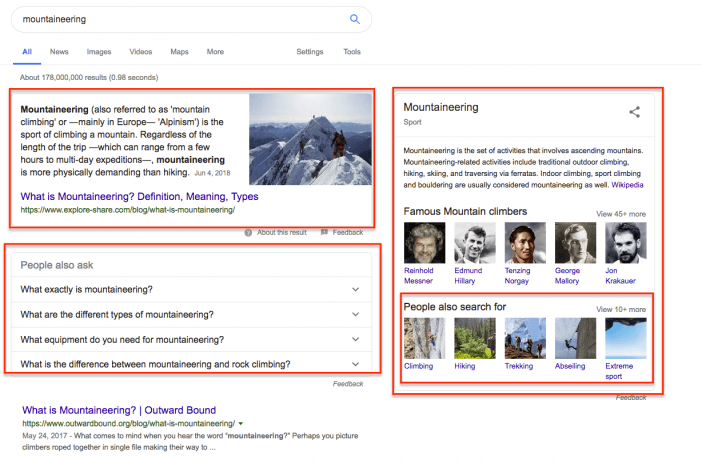
For example, the search “how much will it cost to insure a car” generates results for pages titled “How Much Does Car Insurance Cost?” *but* the #1 result is simply titled “Car Insurance Calculator”.
That might not seem like a big deal, but compared to old school SEO – it’s huge. It shows Google looking at the query as a topic – and serving a result that fits the topic.
When you see clues like this – it means that you have both more competition and more flexibility to create truly unique content that meets a broad range of needs. You can focus on a more achievable keyword, knowing that you can “build up” to a competitive, topical keyword.
For example, instead of ruling out “car insurance” as a keyword, you could target “how to get cheap car insurance quotes for young drivers” – knowing that the keyword is less competitive, but still relevant for broader keywords like “cheap car insurance” – or even “car insurance quotes”.
What’s Your Personal Judgement?
Google wants to serve results that meet user’s needs. They have to have good search results.
One of the best ways to judge keyword difficulty is to look at the search results as a disinterested user and ask:
- Are there results that you would not want to click or are seriously lacking?
- What does page 2 look like? Does it have good results?
I also call this the “Yahoo! Answers” test.
If a SERP has Yahoo! Answers in the top ten, then that means that Google is having a tough time finding good results to show. That means there’s opportunity for you.
Quora, pay-walled content, old forums, old amateur sites, PDFs, and DOCs are also all tell-tale signs of opportunity.
Do You Have Relevant Data & Historical Performance?
Your website data is the only thing that you can definitively look at in SEO. Everything else has too much nuance or too many variables to look at definitively.
Even if you are creating content or completely redoing your website, you should draw lessons from your existing data.
- What pages are doing well? What type of keywords are they doing well with?
- What is an analogous set of keywords that you might succeed with?
For example, if you are an eCommerce company doing SEO, you might see that you do really well with product-name terms, but poorly on category-level terms.
That should tell you that category-level terms might be too competitive or too broad for your website.
When you are judging category-level terms, you should bias towards less competitive versions of your target keyword.
If you have access to a 3rd party tool like SEMrush or Ahrefs or Mangools you can pull similar (though estimated) data for close competitors.
Making The Decision
Once you’ve gone through the process, you have enough data to make a decision. It’s really not a complicated one either – you either target the keyword or you don’t.
Aside – This process takes practice, and should speed up over time. A professional SEO could manually run this process every 10 seconds for 5 to 6 keywords per minute. A beginner might take a few minutes per keyword.
But either way, remember not to get too stuck on a single keyword. Keep moving and keep looking. Don’t over-complicate it. You’ll find a fit after a bit of practice.
Target The Keyword
So you’ve decided that a keyword is not too difficult. You think you can rank for it – and it’d be worth the investment.
Awesome!
Now take your observations to make a tighter theme. Use your research to figure out *exactly* what your webpage should look like and how it should fit into your keyword map. Look at topical terms, modifiers and other terms.
Proceed on with the rest of your keyword research.
Target A Different Keyword
So you’ve decided that a keyword looks too difficult. You don’t think you can rank for it and that it would not be worth the investment.
Good call!
Now take your observations and move on to a more effective course of action.
If you already have/want this piece of content –
- Niche down – Can you make your keyword/idea more specific? Can you trade potential volume for less competition?
- Make a lateral jump – Is there something similar but different that you can target? Use tools like Reddit, or Semrush, or Mangools to get ideas.
- Kill the keyword/idea – Is this keyword essential to your content strategy or can you move to something more worthwhile?
- Change your angle/strategy – Is there a different angle or modifier that you can target? What could you do that would make you competitive? Do you have confidence in your promotion/link-building strategy to move this page up in difficult SERPs?
Next Steps
Growing organic traffic and “doing SEO” means pursuing opportunities that you can win.
As part of your keyword research process, be sure to use a mini-process to judge keyword difficulty and focus on keywords that you can win.
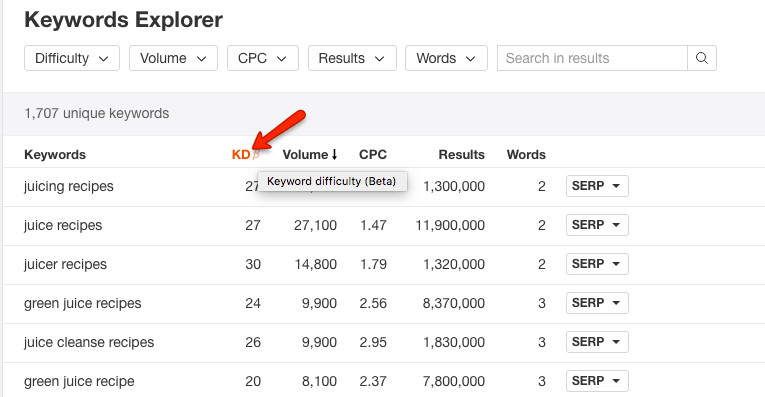
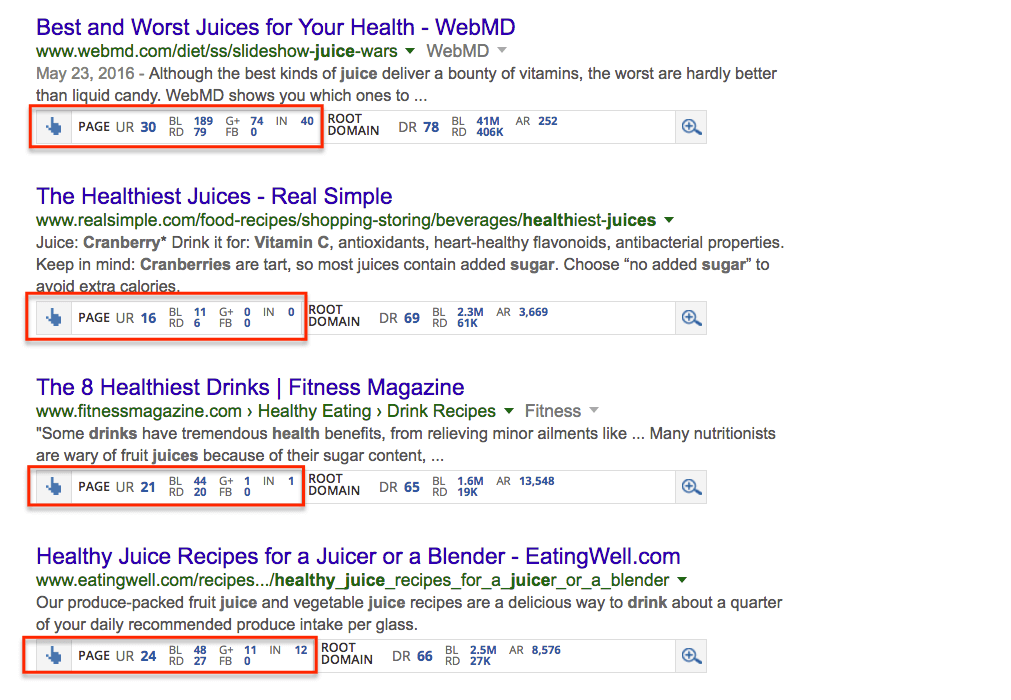
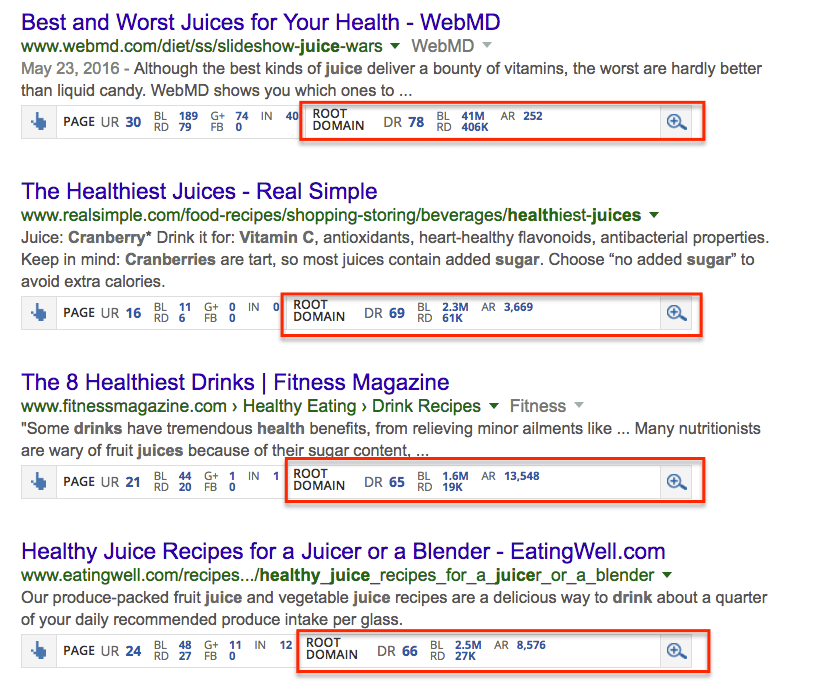
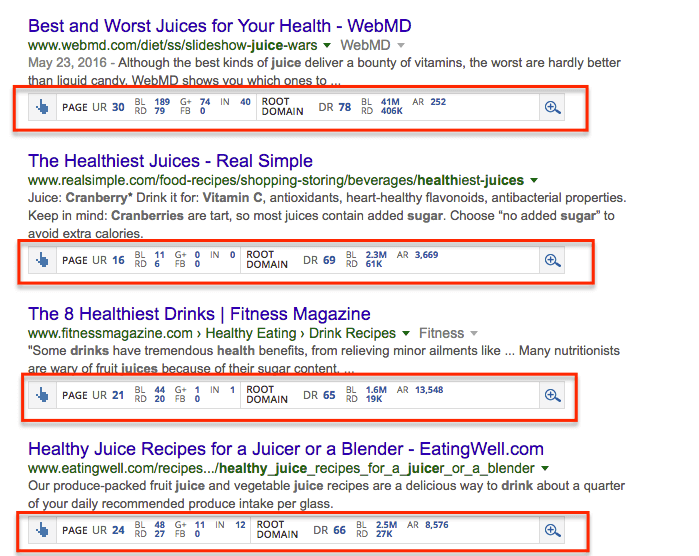
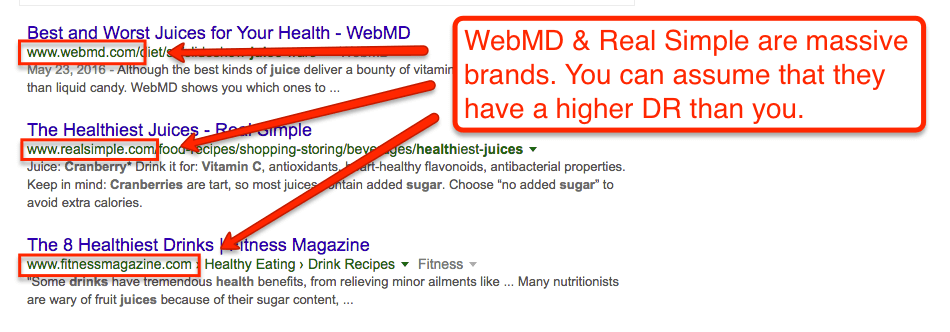
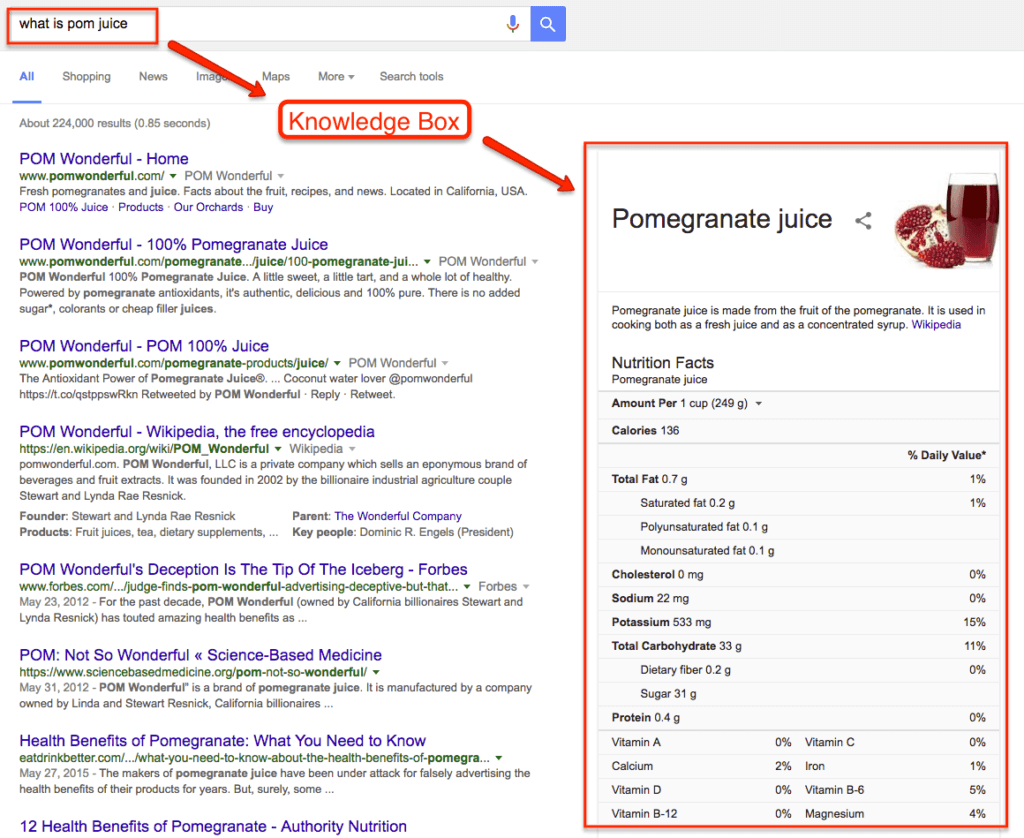
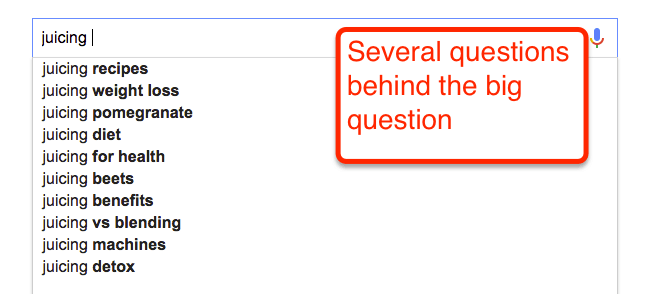
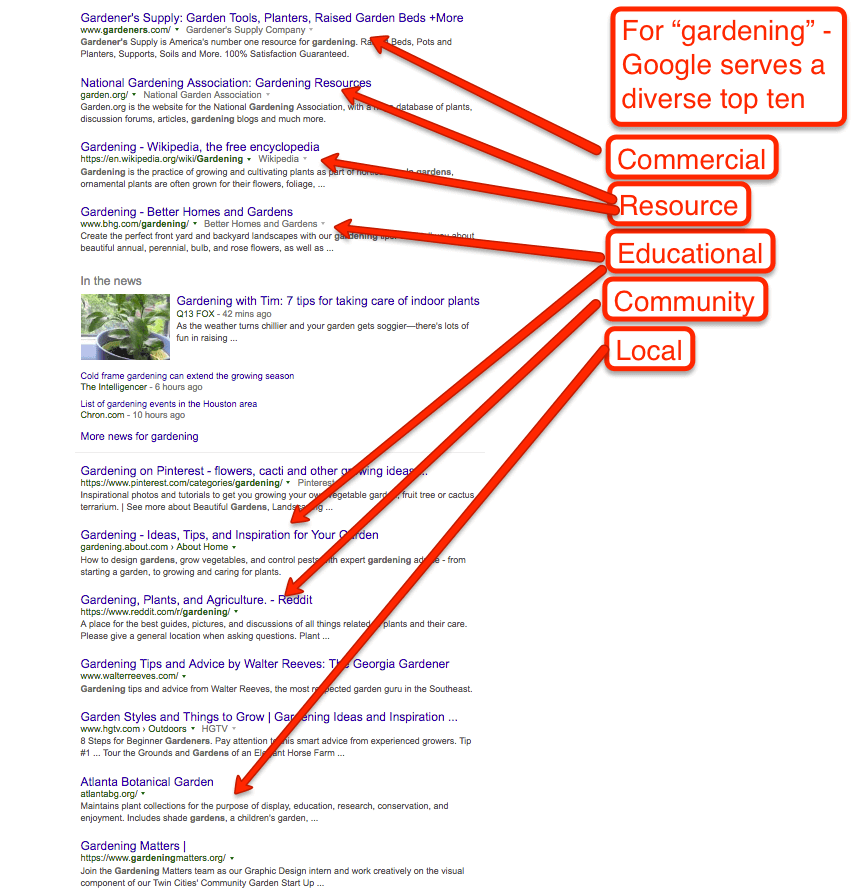
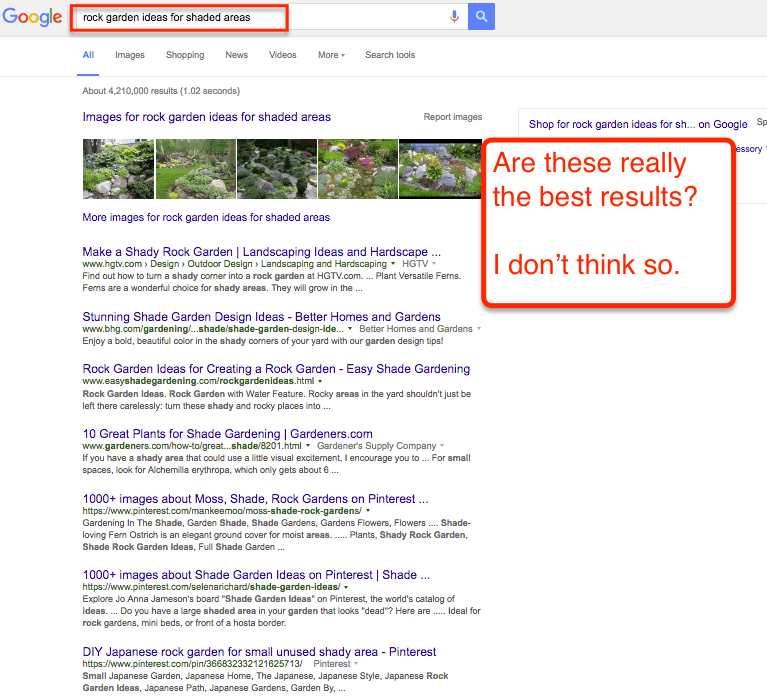
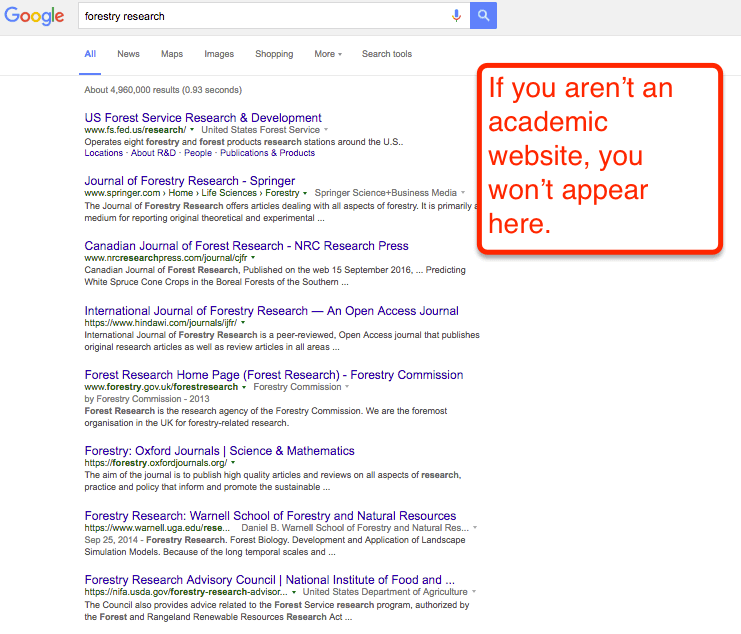
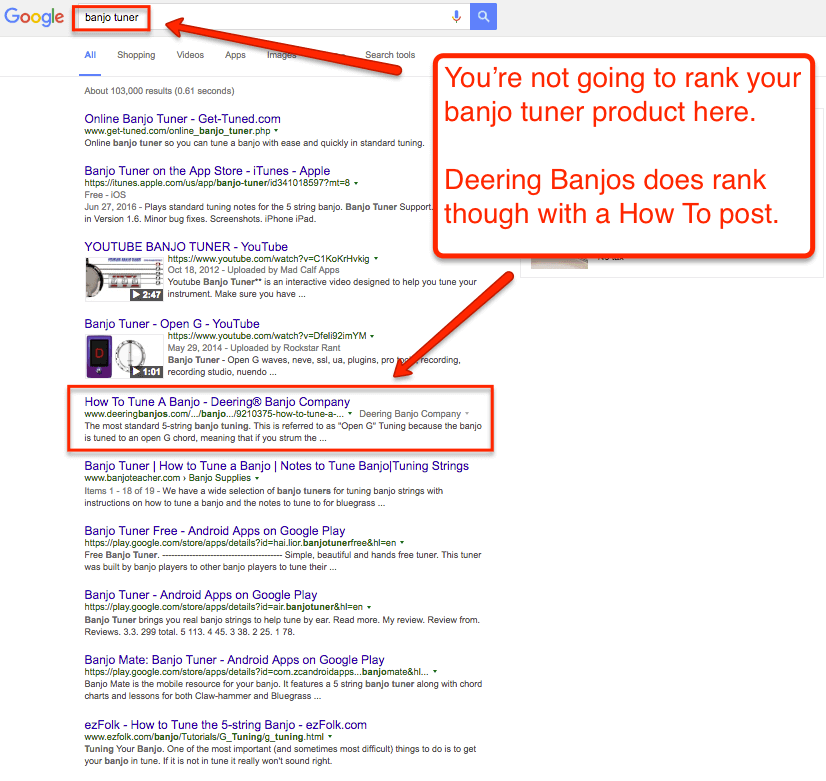
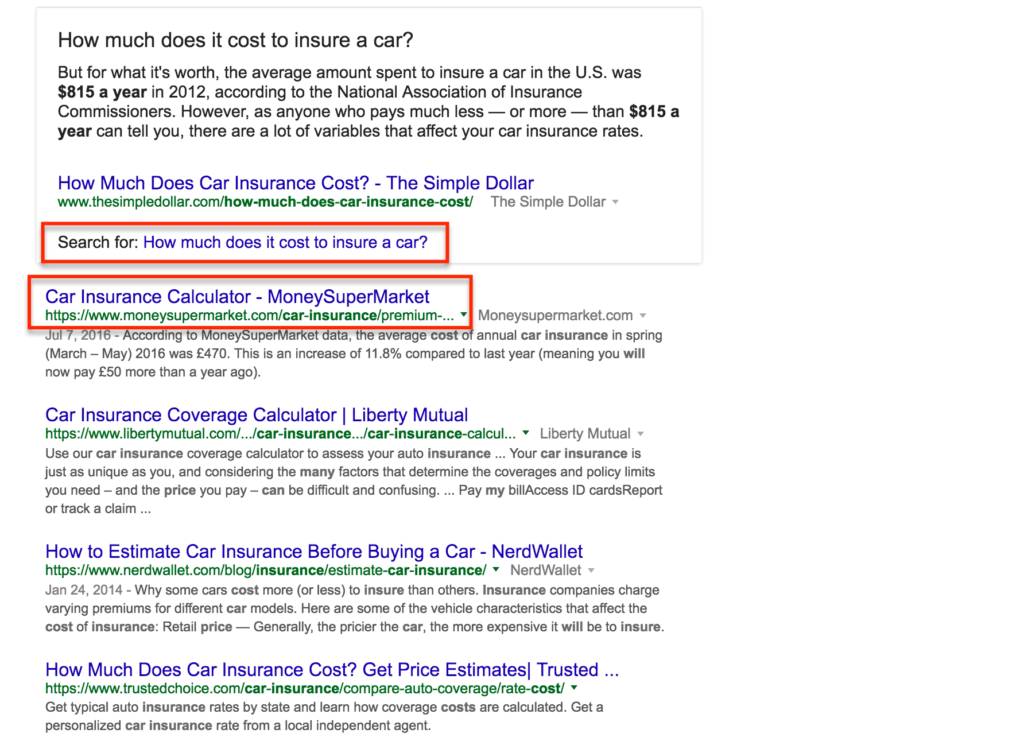
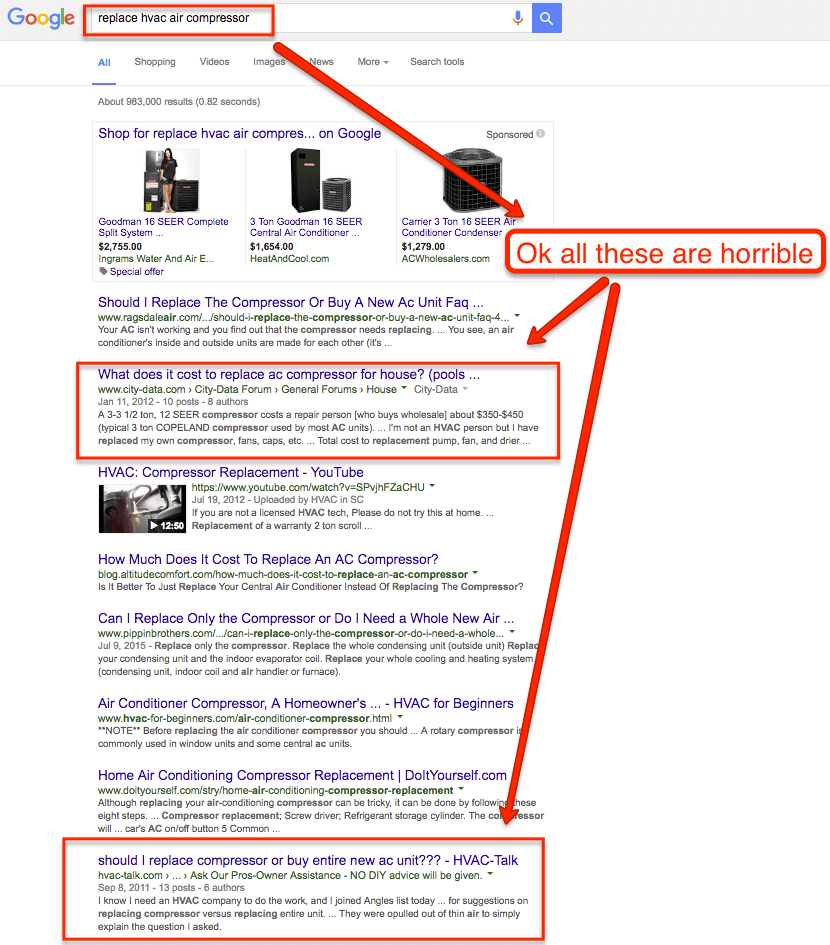
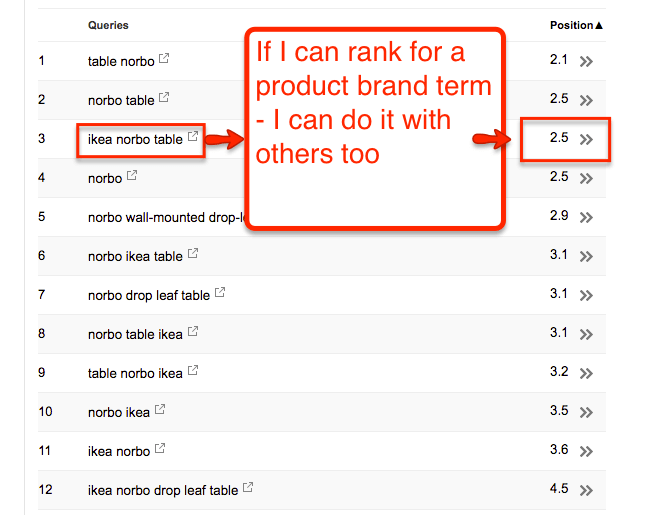




Hey! undoubtedly this one is a perfect post to understand keyword difficulty! Pleasure to read the entire article!